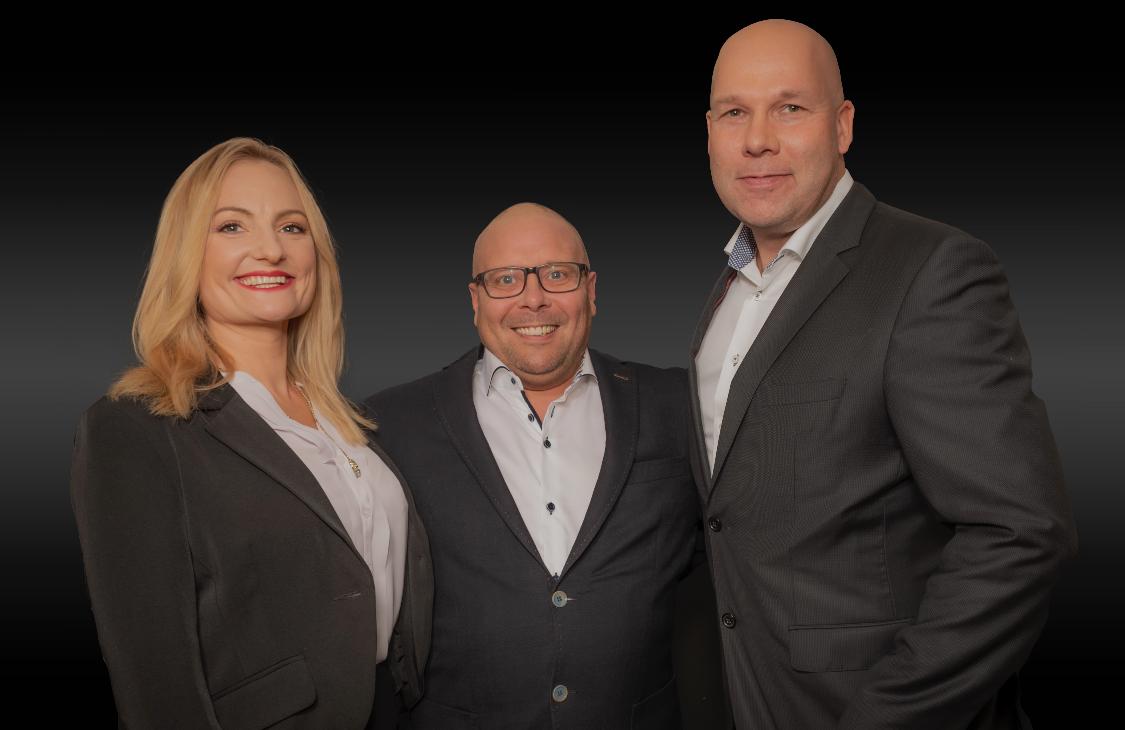Therese Johansson is a true fan of technology and its capabilities, she is one of the founders of Libonomy, perhaps the most promising new blockchain technology today. Libonomy combines blockchain technology with an artificial intelligence engine to tackle all the major flaws of their competitors like Ethereum, Polkadot, Cosmos and Cardano, as well as improve the overall blockchain’s performance.
About Therese Johansson
Therese Johansson has been an entrepreneur for many years with most of the focus on business analytics and marketing, the greatest qualities according to her are honesty, transparency and fairness. Right now most of her focus is concentrated on building a brand for Libonomy. As she describes, because of her values the blockchain industry is a perfect fit for her.
With the rising popularity of blockchain technology, it’s a great industry to choose right now. It’s getting more prominent each year, and Libonomy will have an important role to play on the road to mass adoption over the upcoming years. Now, what makes Libonomy’s idea so unique? And altogether what makes any idea good for a start-up?
Therese Johansson explains: “For a successful start-up business embracing innovations is one of the key pillars, it’s important to always have an open mind to hear new ideas and brainstorm around them. You can never know when the next genius idea will strike your mind.
Once you form a habit, you’ll have tons of new ideas, some small, but some very ambitious. When you’re working with your ideas, ask yourself questions about the target audience, and if your product presents a solution to a bigger, philosophical problem.
This is very important as in many cases it is going to be the force that will drive you and the way you will market your project. For us it’s decentralization – society is eager to have more power to themselves, instead of putting faith in centralized authorities. Libonomy will introduce more transparency and accountability in the work of governments, healthcare, supply chains as well as other industries, and it will allow people to freely manage their funds, essentially becoming their own banks.”

How is Therese Johansson Solving Problems with Libonomy
Therese’s ideas start with fixing a philosophical problem, hence creating the driving force for herself, the team and the customers. The next major milestones are making sure you fix a problem and assessing the risks.
Therese Johansson continues: “Problems can vary, but when you’re building a start-up, it’s important that your idea satisfies an ongoing need and it can’t be easily copied. And remember, you don’t have to figure out everything on your own, do your research, talk to specialists.
After that is out of the way, you dive deeper into determining the liability of your ideas, the goal is to take only calculated risks. The risk for Libonomy was the accelerated pace of technology’s development, also our solution required a significant research process and quite a lengthy development process. If the idea wasn’t unique enough, there was a good chance we could have been late to market.”
What makes Libonomy so Unique?
Libonomy is one of many existing blockchains, but the blockchain industry is very young, and there are many serious drawbacks present in the former ones. When we were doing the initial research and plotting out the plan for Libonomy, we undoubtedly took a risk that during the research and development time someone else could come up with an even better solution or launch it sooner.
But as the problems that a decentralized technology presents are extremely complicated, the risk for us was very small. Even now when we are launching our first completed projects, others are still at the drawing board trying to figure ways to conquer these perplexing problems.
“Every step of the process is important,” Therese says, “from the first spark in your mind to a written down final thought, it all matters. Sometimes ideas come running down, but sometimes you have to force them, it’s not always a smooth process. You need to think how well your idea will scale up and about tons of other important factors, but most importantly you have to remember to stay honest to yourself and be realistic about everything, not pessimistic, but realistic.”
This is a Contributor Post. Opinions expressed here are opinions of the Contributor. Influencive does not endorse or review brands mentioned; does not and cannot investigate relationships with brands, products, and people mentioned and is up to the Contributor to disclose. Contributors, amongst other accounts and articles may be professional fee-based.
